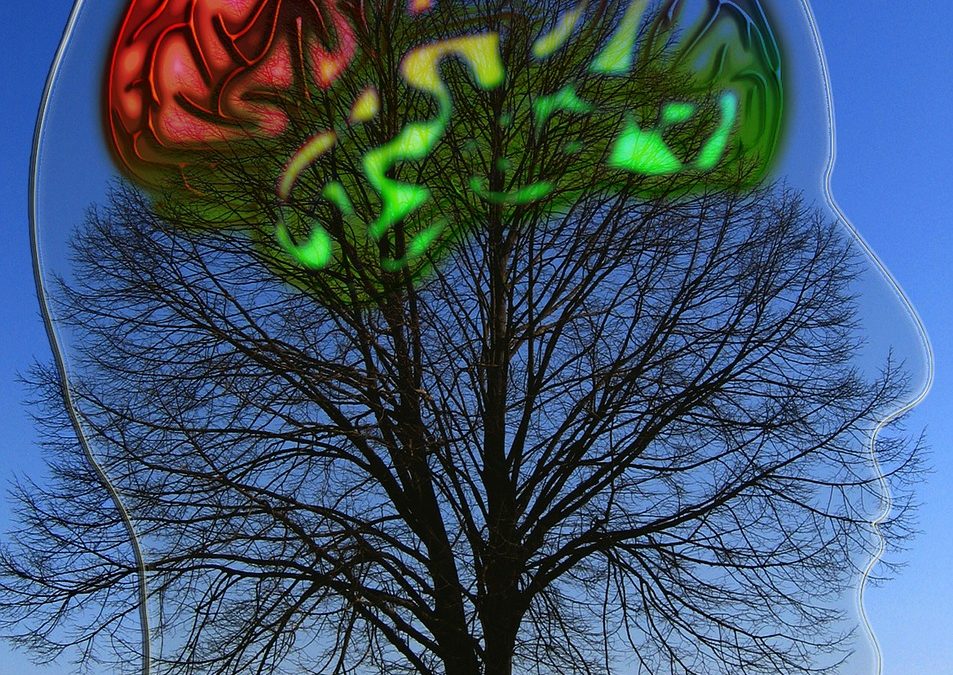Anxiety disorders are becoming increasingly common, and for many, medications like beta-blockers or anti-anxiety drugs such as Xanax or valium are often prescribed. These feelings of panic and dread we experience can be due to an imbalance in the calming neurotransmitter GABA. A deficiency can easily be brought on by stress or other lifestyle and diet-related issues. GABA is made in all neurons (nerve cells) and is absolutely critical to brain health.
So how do we produce GABA?
When glucose is metabolised for energy, one of its by products, glutamate is converted into GABA as our body needs it for its calming influence. Alternatively, for many it can continue to manufacture glutamate, which is our brain’s major excitatory neurotransmitter. So ideally, we need ensure that we focus on inducing the calming effects of GABA, and avoid the stimulatory glutamic pathway. Some people have a genetic inability to synthesise GABA, whereas others may have a deficiency due to a gluten intolerance.
Some ways the GABA pathways are disrupted:
- Blood sugar dysregulation- when blood sugar in our brain falls, so does GABA production.
- Overexposure to toxic chemicals or metals.
- Autoimmune thyroid- Graves disease can mimic GABA deficiency and can be relieved with GABA support.
- Anaemia and lack of oxygen.
Balancing our minerals play a huge part in restoring and boosting our GABA activity. Lithium levels need to be looked at, as sufficient levels are important for increasing GABA receptor site sensitivity. P-5-P (vitamin B6), Magnesium, zinc and manganese are cofactors necessary for the breakdown of GABA. I like herbs such as valerian root and passionflower, as they are helpful in managing insomnia and anxiety and they also increase sensitivity of our GABA receptor sites. Ideally I’d recommend testing mineral levels with HTMA, before supplementing, as many can ‘crash’ and experience serious fatigue as a result of over-supporting GABA.
Sources:
- “Why Isn’t My Brain Working” by Datis Kharrazian, DHSc, DC, MS


Recent Comments